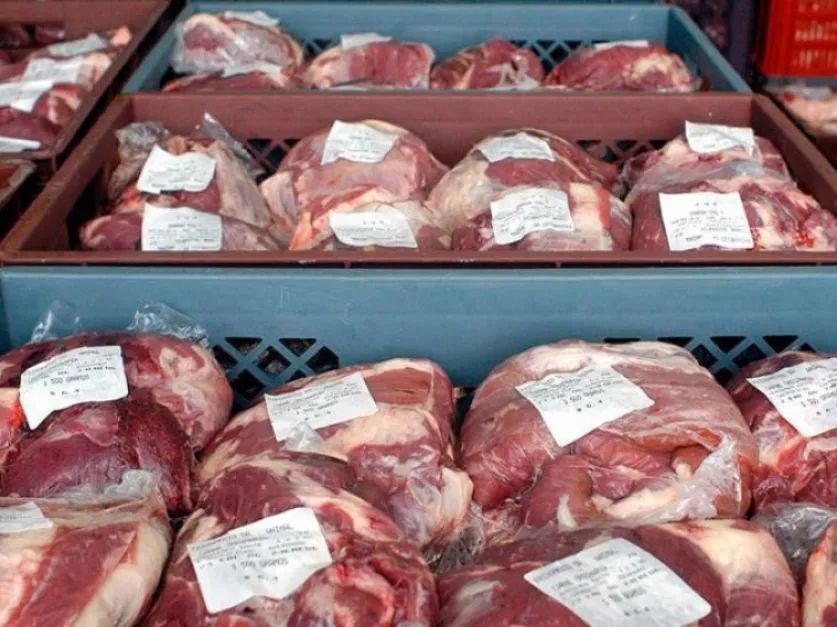Brazil JBS shutdown storm: global beef market facing reshaping?

Brazil's JBS, the world's largest beef producer, plans to shut down its 11 factories in December and has suspended sales to China, according to Zhongjin News. This news is like a stone thrown into a calm lake, stirring up waves in the global beef market.

A surge in live cattle prices in Brazil has been cited as the trigger for the shutdown. In recent months, the price of live cattle in Brazil has increased by an astonishing 60%, far exceeding industry expectations. This greatly increased the production cost of meat enterprises such as JBS, severely compressed the profit margin, and finally had to stop production to cope with the difficulties. From a business logic point of view, this is a helpless move under cost pressure, but it also reflects the fragility of its supply chain. In the face of large fluctuations in raw material prices, the lack of adequate risk response mechanisms and excessive dependence on the supply of a single market (Brazil's domestic live cattle market) may be a problem that JBS needs to reflect deeply in its subsequent development.
For the China market, the impact of this incident should not be underestimated. Brazil has always been China's largest source of beef imports, and JBS is one of China's largest beef exporters. The suspension of JBS will significantly change the supply pattern of imported beef in China. In the short term, imported beef supplies may decline sharply, which will pose great challenges to traders and end markets. Traders may face the double pressure of shortage of supply and rising purchase price, while terminal markets such as catering enterprises and retailers may encounter the dilemma of shortage or rising cost and have to raise prices, thus affecting consumers 'choice and consumption experience.
In the face of this unexpected situation, traders and terminals need to be highly cautious. Traders should actively explore alternative beef import channels and strengthen cooperation with suppliers in other beef exporting countries to reduce dependence on Brazilian beef. At the same time, pay close attention to the dynamics of the international beef market, predict the price trend in advance, and adjust the inventory strategy reasonably. End companies can optimize the menu structure appropriately, consider increasing the proportion of other meat substitutes, or negotiate with suppliers to establish more flexible pricing and delivery mechanisms to tide over difficulties. The JBS incident also sounded the alarm bell for the whole industry. Both enterprises and practitioners should pay more attention to the diversification of supply chain and risk prevention and control to cope with the increasingly complex and changeable global market environment.
-

Ecuadorian Shrimp-It's Not Easy To Love You
2024-07-04 -
The AI Lecture of Zhanjiang Chamber of Commerce was successfully held in Quanlian Centralized Procurement, helping the enterprise to upgrade its digital intelligence
2025-04-18 -
Tilapia Tariff Raised to 45%, U.S. Market Waiting for Change
2025-04-02 -
Into the Northwest Frozen Food Hub| All-Union Centralized Procurement Visits Lanzhou Jiaojiawan Frozen Market
2025-03-07 -
China's Ministry of Commerce's latest response to the US imposition of a 10% tariff on Chinese exports to the United States
2025-03-04 -
Ecuador shrimp industry new era, 2024 top ten shrimp enterprises list announced
2025-02-26













